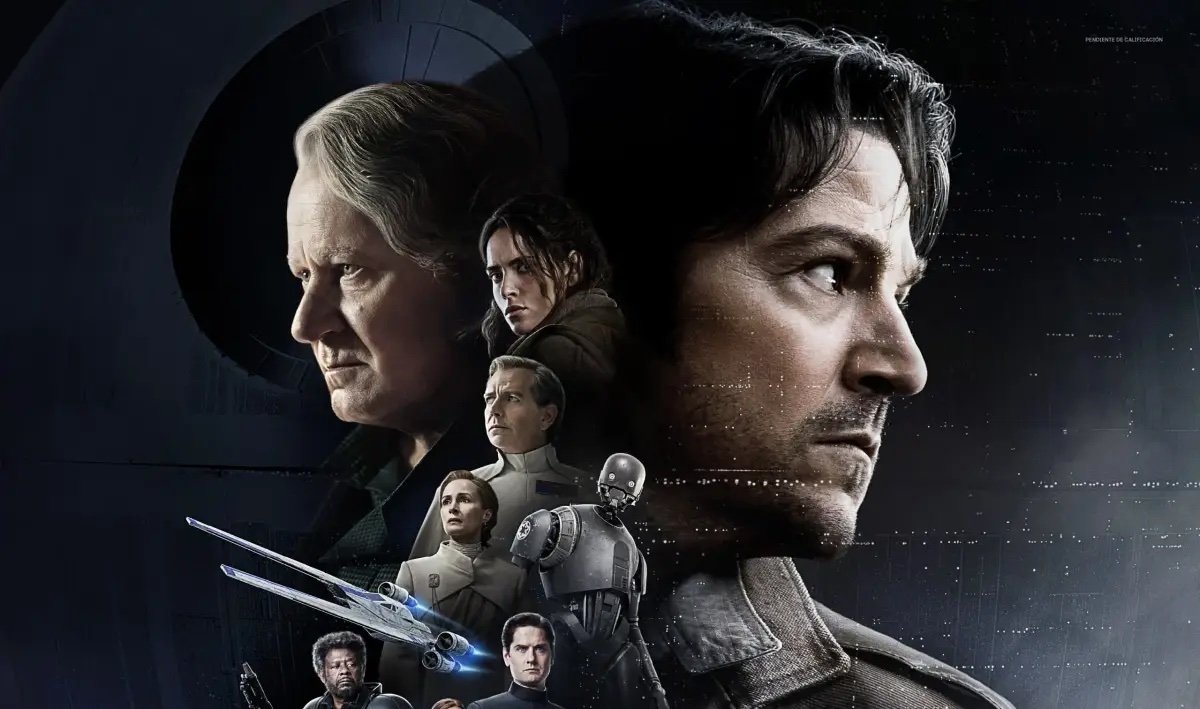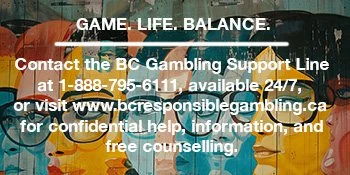The Empire Inside: Watching Andor as a Queer Activist
By Laura Hoge, LCSW, LCADC, RSW
How Andor Found Me
I didn’t plan to watch Andor. It came into my life through the voices of my clients - healers, organizers, artists, and advocates. Many of them identify as queer and/or trans, and many carry a deep, embodied grief shaped by the worlds they move through.
In therapy sessions, they spoke of Andor’s honesty, its resonance, its strange kind of comfort. As a trauma therapist, I’m familiar with the emotional terrain beneath activism: the grief no one sees, the fractured loyalties, the quiet fatigue of those who’ve made a life of resistance. But what I hadn’t expected was how deeply Andor would speak to my own experience.
There’s a particular kind of exhaustion that comes from living at the intersection of queerness and justice work. A slow erosion of rest, safety, and belonging, is repeatedly traded for urgency, survival, and the hope that change is still possible.
In Andor’s characters, I recognized not just my clients’ stories, but my own: the heartbreak of choosing principle over comfort, the loneliness of holding nuance in a polarized world, the stubborn hope that draws so many of us (especially queer and trans folks) back to the work, even when it costs more than we can name.
Activism as Both Anchor and Exile
Activism has long been both a compass and container for me. It helped me make sense of violence, gave shape to my longing, and offered a place to pour my heartbreak. But it has also come at a cost.
I’ve known what it means to lose family to a cause, to be “out” in movements that prized radical politics but erased queer lives. I’ve felt both hyper-visible and invisible in activist spaces: too queer, too tender, too much, even with privileges as buffers. The belonging I needed was often sacrificed for “the work.” Over time, like many, I became untethered from the very communities I was trying to protect.
The Identity of Survival
Like many shaped by struggle, I built an identity around survival and resistance. Sometimes out of deep conviction. Sometimes because there was nowhere else to belong.
Watching Andor, I recognized the subtle wear of displacement, the ache of exile, and the way resistance can both shape and shatter one’s sense of self. In Cassian’s journey from a hunted child to a revolutionary, I saw my own: ruptures in relationship, the tension between visibility and safety, and the slow birth of political clarity, often etched by grief, but sharpened by love.
Grief in Activist Spaces
Grief shows up in many forms in activist spaces. For some, especially in Black and Indigenous communities, it comes through the irreparable loss of life - lives stolen by state violence, colonialism, and systemic neglect.
These losses are profound and ongoing, shaping not only personal grief but collective memory and movement.
But grief also emerges in less visible ways. Many activists, myself included, experience a quieter, more complex loss: the grief of no longer belonging to the communities that raised us. As we come into deeper alignment with our values, identities or truths, we often find ourselves distanced from family, faith communities, or cultural spaces we once called home. That, too, is a kind of exile.
Coexisting Griefs in Movements
In movements, these different forms of grief coexist. Some are marked by absence and death. Others by boundary and transformation. Both involve a loss of belonging. Both can leave people navigating displacement in ways that are rarely acknowledged, even within the work of liberation itself.
Andor captures this layered reality through Cassian’s journey. His evolution isn’t just about fighting an oppressive regime. It’s also about letting go of the people and places that once defined him. His story reflects a truth many activists know well: that liberation often involves grieving not only what is taken from us, but what we choose to leave behind in order to become who we need to be.
The Private Costs of Public Commitment
I saw, too, the burnout that comes from being everyone’s anchor, the guilt that shadows rest, and the fractures movements carry when trauma goes unspoken. I recognized the pain of choosing integrity over proximity to loved ones, and the isolation of living in-between: too radical for some, not enough for others.
These are the private costs of public commitment. And Andor, with its refusal to romanticize revolution, offers a language for these complexities. A narrative that meets our grief without flinching and reminds us that even in exile, we are not alone.
Resistance in a Time of Violence
We’re living in a moment when LGBTQ+ communities across the U.S. are being targeted with increasing violence and repression. Queer and trans youth are criminalized, families are under siege, and many are forced to make impossible choices about where and how to live.
And still, we organize. We build mutual aid networks, march in the streets, hold each other through grief.
We find joy anyway. And so many of us, especially those who are trans, Black, disabled, or undocumented, do this while carrying legacies of displacement, surveillance, and systemic harm.
The Messiness of Liberation
Andor doesn't pretend that liberation is clean or unified. It shows us what real resistance looks like: messy, relational, deeply human. Vel and Cinta’s love strained by ideological urgency; Mon Mothma’s quiet desperation clashing with Luthen’s calculated ruthlessness; Saw Gerrera’s militancy resisting Nemik’s tender idealism.
These characters bring with them trauma, difference, and friction. They hurt each other. They misunderstand. And yet, again and again, they stay.
Holding Each Other Through the Rupture
Movements fail when we mistake unity for sameness. Real solidarity is born not from perfection, but from showing up with our contradictions, our woundedness, and our refusal to give up on each other.
That kind of solidarity is hard-won, especially for queer people whose lives have so often been made conditional, whose safety is never guaranteed. We know what it means to be betrayed by our communities, erased from their narratives, or used as political pawns. And yet, we stay.
The Empire Inside
We stay because we believe in something bigger. Because even after heartbreak, we still long to be part of something that might save us, not just from the Empire outside, but from the empire inside.
Andor reminds us that the revolution isn’t just about fighting fascism. It’s about refusing to replicate it. It's about building movements that don’t sacrifice care in the name of strategy.
The Sacred Tools of Resistance
There is no perfect revolution. Only the difficult, necessary work of showing up through rupture, choosing each other again and again. We build real change not by discarding the messy parts, but by learning to hold them with compassion, with rigor, and with the kind of collective hope that says: we don’t leave each other behind.
Queer communities have always known how to survive and how to dream. We carry the blueprints for relational resilience. We know how to hold pain and beauty in the same breath. In a world that tells us we are disposable, Andor reminds us: we are not.
Our love, our grief, our resistance - they are sacred. They are strategy. They are how we endure, and how we will win.
Laura Hoge, LCSW, LICSW, RSW (she/her) is a licensed clinical social worker now registered to provide therapy in British Columbia, Ontario, and Nova Scotia. She offers relational, somatic, and socially conscious care rooted in deep respect for lived experience. With a background in complex trauma, addiction, and LGBTQ+ mental health, Laura integrates Sensorimotor Psychotherapy, motivational interviewing, and humanistic approaches to support healing at the intersections of identity, oppression, and embodiment.










